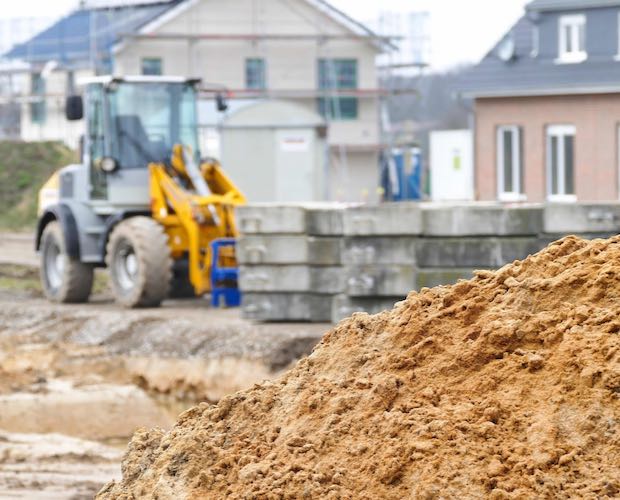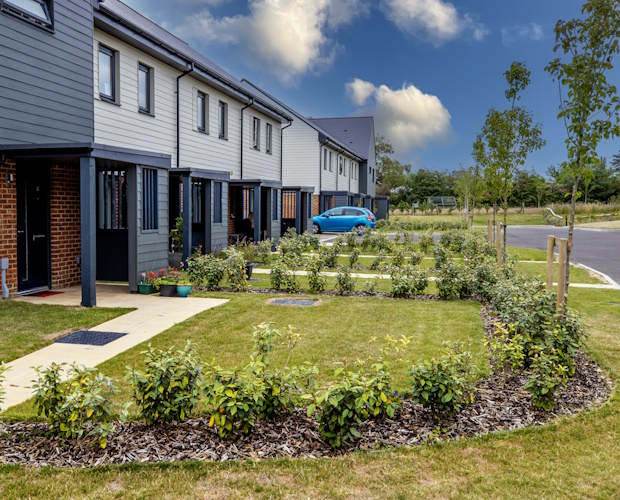T: 01822 851370 E: admin@sparse.gov.uk
How a new government should help rural households decarbonise their heating

Both political parties have set out how they intend to progress decarbonizing the UK’s 27 million homes, including the 2 million rural homes not connected to mains gas. The Conservatives rowed back from their 2026 boiler ban for off gas grid homes, reflecting the difficulty and high cost this could have imposed on some households particularly during a cost of living crisis. Rural MPs were persuasive in exposing the difficulty and high cost some of their constituents would face if this unfair ‘rural first’ boiler ban had gone ahead as originally planned. The Labour Party has also reined back its commitment to spend £28bn a year on green investment as it seeks to convince the electorate of its fiscal responsibility.
A key challenge therefore remains finding a range of solutions that are acceptable and affordable to the public without too much disruption and cost for ordinary families and businesses. The Labour Party must recognise the need for alternatives to heat pumps in addition to its plans to green the grid and insulate 5 million homes by 2030. A significant number of rural properties may not be reached by these grid upgrades, due to the high costs involved – the current government estimate that 20% of homes will not be suitable for heat pumps, many of these will be rural, off-gas grid homes.
A decentralized solution for these hard-to-reach properties could be more practical and affordable, which means that an incoming government must also support alternative, low-carbon solutions, including Renewable Liquid Gases (RLGs) such as BioLPG that will help rural homes and businesses to decarbonize without the high upfront cost or disruption from alternatives.
We would like to see a future government favour a mixed-technology approach to clean heat and recognise that addition low carbon heating solutions are available for home unsuitable for heat pumps. The latest statistics show that the average cost of installing an air sourced heat pump via the Boiler Upgrade Scheme costs £13,480. However, this is not inclusive of retrofit that would be needed for the heat pump to run efficiently in these homes. Evidence shows that with the necessary works, the cost increases to nearly £31,000 up front.
A simple solution for an incoming government would be to tweak existing support programmes, such as the Boiler Upgrade Scheme (BUS) to include additional low carbon technologies. Perversely, while hybrid heat pumps aren’t supported, biomass boilers which can use imported wood pellets are; the burning of these pellets can have a negative impact rural air quality, whereas a hybrid heat pump using LPG or BioLPG is a much cleaner alternative. In fact, an incoming government can look at the devolved administrations for inspiration as the Scottish Government includes hybrid heat pumps in their Home Energy Scotland Scheme.
Whatever the outcome of the election, a new government should take a holistic, inclusive approach to decarbonise our heating system. A fair transition to Net Zero won’t mandate a certain technology, it will acknowledge the evidence that shows varying property types require a range of approaches, and will support all low carbon heating technologies. As we move towards Net Zero, we need government policy to support every home in their approach.
YOU MAY ALSO BE INTERESTED IN
SIGN UP TO OUR NEWSLETTER
Sign up to our newsletter to receive all the latest news and updates.









